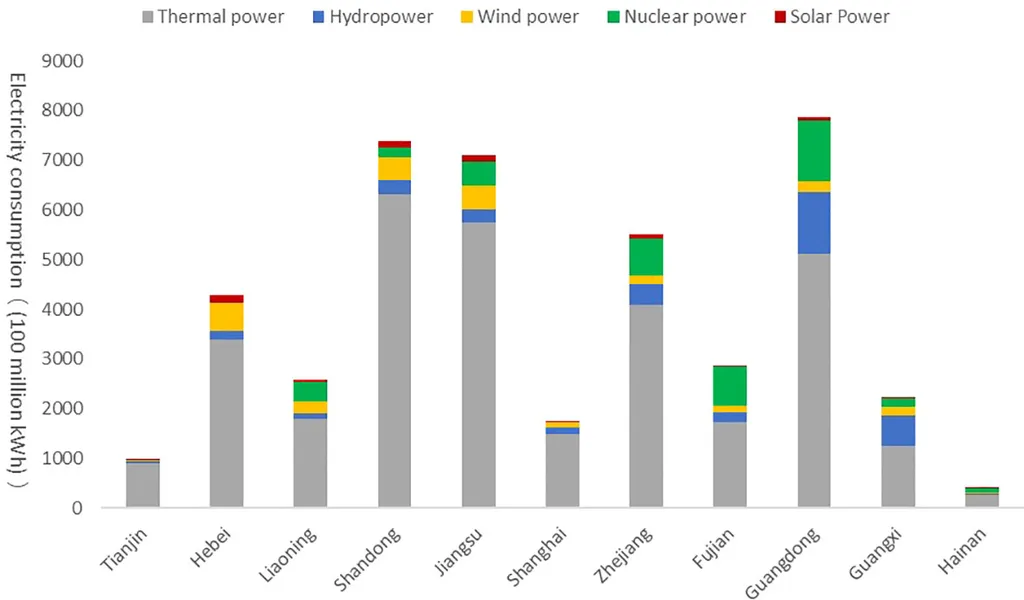In the vast, volatile world of maritime energy, a groundbreaking study led by Shouguang Yao from the School of Energy and Power at Jiangsu University of Science and Technology in China has just dropped a significant anchor. Yao and his team have proposed a novel hybrid power system for ocean-going vessels that could revolutionize the energy landscape for the shipping industry.
The study, published in ‘Case Studies in Thermal Engineering’, focuses on a 25,000-ton chemical ship, but the implications are far-reaching. The researchers have designed a power system that combines a solid oxide fuel cell (SOFC) with a gas turbine (GT), supercritical CO2 (SCO2) cycle, and an organic Rankine cycle (ORC), all integrated with carbon capture technology. This is not just about efficiency; it’s about sustainability.
“The proposed system not only meets the power requirements of the target vessel but also achieves a carbon capture rate of 81.52%,” said Yao. This is a game-changer, as the shipping industry grapples with reducing its carbon footprint. The system’s energy efficiency of 60.56% and cost of electricity production at 0.08727 $/kWh further underscore its commercial viability.
The study delves into the thermodynamic and economic analyses of the system, evaluating the impact of various factors on performance. Using a genetic algorithm-based approach for multi-objective optimization, the team aimed to achieve the best possible outcome. The results speak for themselves: the system’s net output power reached 4743.81 kW, fully satisfying the power needs of the vessel.
What does this mean for the energy sector? For one, it signals a shift towards more sustainable and efficient power systems for maritime applications. The integration of carbon capture technology is a significant step forward in reducing emissions, aligning with global efforts to combat climate change. Moreover, the economic feasibility of the system opens doors for commercial adoption, potentially reshaping the maritime energy landscape.
The study’s findings could influence future developments in the field, encouraging further research into hybrid power systems and carbon capture technologies. As the demand for cleaner energy solutions grows, innovations like this will be crucial in driving the transition towards a more sustainable future. The shipping industry, with its significant carbon footprint, is ripe for such transformative changes. The research by Yao and his team could be the catalyst that propels the sector towards a new era of energy efficiency and environmental responsibility.




